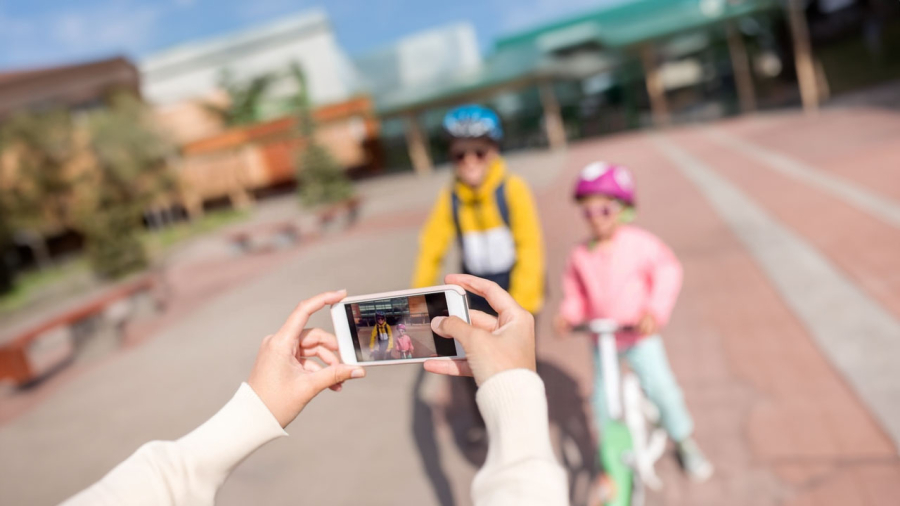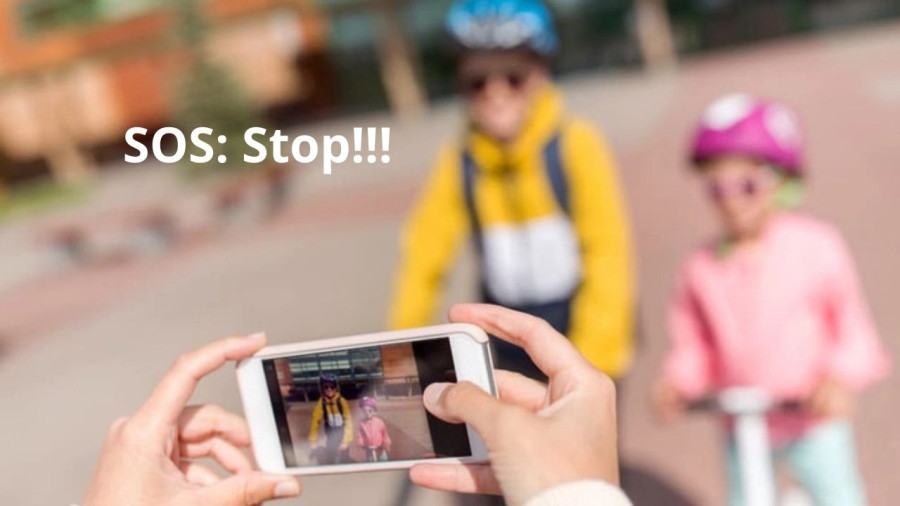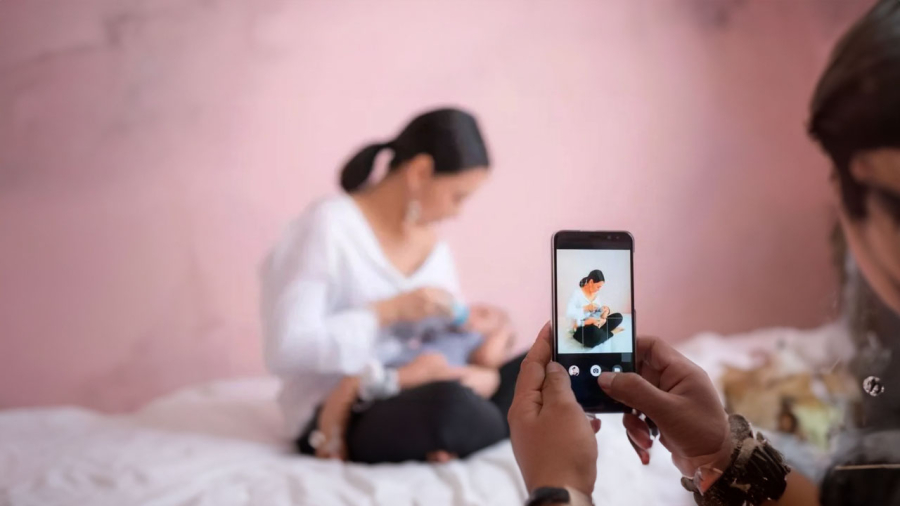Nowadays, social media is booming so almost everyone uses it. Showing off pictures and telling stories about children is the psychology and need of many parents. Especially during the Lunar New Year holiday, many families share pictures of their beautifully dressed children on social media. This is also an opportunity to take more photos and show off their children.
However, before posting pictures of children on social media, be aware of the following dangers that could be lurking for your child:
Posting pictures of children on the internet makes them targets for sexual predators
Our children’s images can become targets for sexual predators if we post them online, while they would not know if we didn’t. The beautiful pictures of our children are the prime targets for them. Moreover, many children may not like being featured in photos, especially humorous ones that are not serious, which can have a psychological impact. The French data protection agency has urged parents to assert stronger privacy rights to limit the exposure of their and their family’s images to malicious actors. The more social media crime grows, the more caution parents need to exercise when uploading pictures and stories about their families on social media.

Posting pictures of children online provides opportunities for others to impersonate them
When you don’t leak pictures of your child externally, it’s like not giving any opportunities to wrongdoers. However, when you have revealed pictures of your child, those images can easily become a “playground” for someone else. Many people have used pictures of babies on the internet and claimed them as their own, and then shared fictional stories to gain likes and views. There are even accounts that post pictures of your child along with hashtags like #openrp, #adoptionrp, #babyrp… implying that the child is available for adoption. Therefore, don’t enable these wrongdoers to exploit your child’s images.

Children also have the right to privacy, and their young bodies should be respected. If you unintentionally post explicit pictures of your child, they could be used by criminals to share pornographic content online. Therefore, parents need to respect their children’s privacy and should never post sensitive pictures of them online. Opportunistic individuals can also manipulate pictures of your child for provocative websites.
Your child can be a victim of photoshopped images
With the current technology advancement, many people can create funny and teasing photos. Sometimes, pictures found online being photoshopped and stories being twisted are not something new. That’s why avoiding posting pictures of your child online can prevent such issues.

Funny and humorous edited pictures can be entertaining, but they can also hurt your child. Moreover, since your child is still young, they cannot make decisions about you posting their pictures. They may grow up feeling resentful about it. In France, parents can face up to one year imprisonment and a fine of 45,000 euros if they are convicted of publicly disclosing the private life of others, including their children, without their consent.
Social media offers many conveniences, but recently, more and more individuals are taking advantage of social media for illicit activities. Therefore, don’t turn your child into a “resource” exploited by criminals. You may think everything is normal when there are no consequences or impacts yet, but once violated, the pain will be immense. So, stop posting pictures and sharing personal stories on social media.
Therefore, please carefully consider before posting a picture of your child on social media, especially those pictures that could generate unbelievable stories.
































